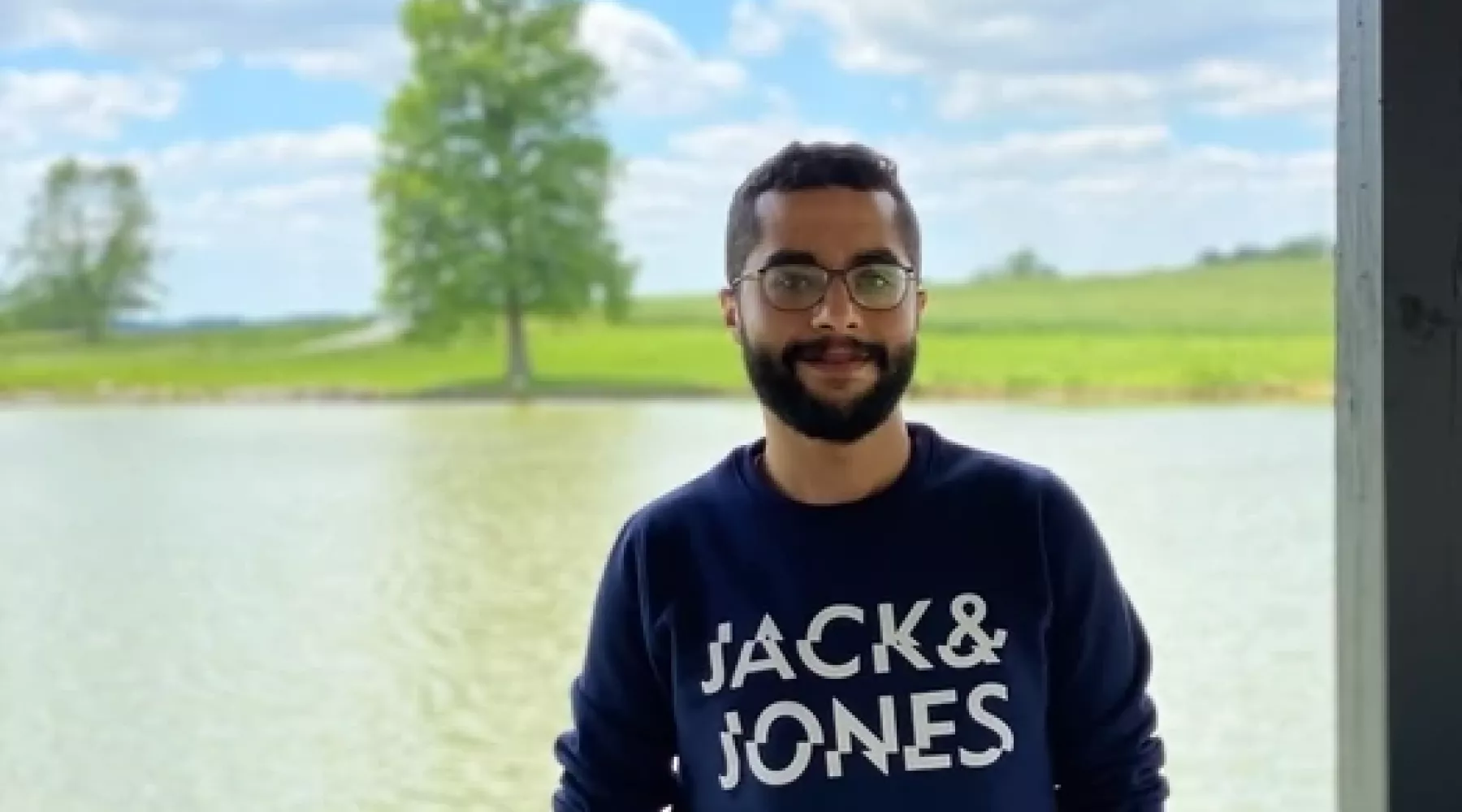

The John M. Houchens Prize for Outstanding Dissertation
Fall 2025 Recipient: Ahmed Muhammed Sherif Mostafa Alksas, PhD in Computer Science and Engineering
The John M. Houchens Prize honors a former registrar of the university and is awarded to the doctoral student who presents the most meritorious dissertation for the current commencement.
Ahmed Alksas is a Ph.D. candidate in Computer Science & Engineering at the J.B. Speed School of Engineering, University of Louisville. His research develops artificial intelligence (AI) methods for cancer imaging across CT, MRI, X-ray, PET and OCTA. He builds interpretable, clinically-aligned models for detection, segmentation, grading and treatment-response prediction spanning liver, lung, genitourinary, renal, spine, pediatric and ophthalmic applications. His dissertation - “Artificial Intelligence for Cancer Imaging: Integrated Frameworks for Hepatocellular Carcinoma and Pulmonary Nodules” (Defense: Fall 2025) - integrates deep learning, radiomics, and texture analysis to deliver reproducible, quantitative outputs that support radiology and pathology decision-making.
Ahmed’s record includes 50+ peer-reviewed publications across journals and conferences, ~600 citations, and an h-index of 12. Representative contributions include robust CT lung-nodule segmentation using hybrid deep learning–stochastic modeling; higher-order texture analysis for lung-cancer characterization; and end-to-end HCC pipelines that map imaging signatures to clinically actionable categories. His translational focus is reflected in multiple patents/disclosures, including a provisional U.S. filing on lung-nodule classification and a 2025 application on AI-based cervical vertebral maturation assessment.
At UofL, Ahmed earned the Graduate Certificate in Artificial Intelligence in Medicine (2024). He has assisted in teaching many advanced courses in Machine Learning and Medicine, leading labs, tutorials, grading and mentoring teams. He previously completed an MSc and BSc in Computer Engineering and Control Systems at Mansoura University (Egypt), graduating first in his class at the undergraduate level, and his honors include the Doctoral Dissertation Completion Award (Summer 2025), multi-year Exemplary Research Scholarships and Research!Louisville recognition.
Beyond publications, Ahmed serves as a reviewer for journals such as Scientific Reports, Artificial Intelligence Review, and Computerized Medical Imaging and Graphics, and conferences including MICCAI and ICPR. He mentors junior researchers, maintains IRB-compliant data/model versioning and emphasizes explainability (radiomics comparisons, XAI methods) and robustness to domain shift. His goal is to translate trustworthy, interpretable AI from prototypes to deployment - improving diagnostic consistency and patient outcomes in oncology imaging.
